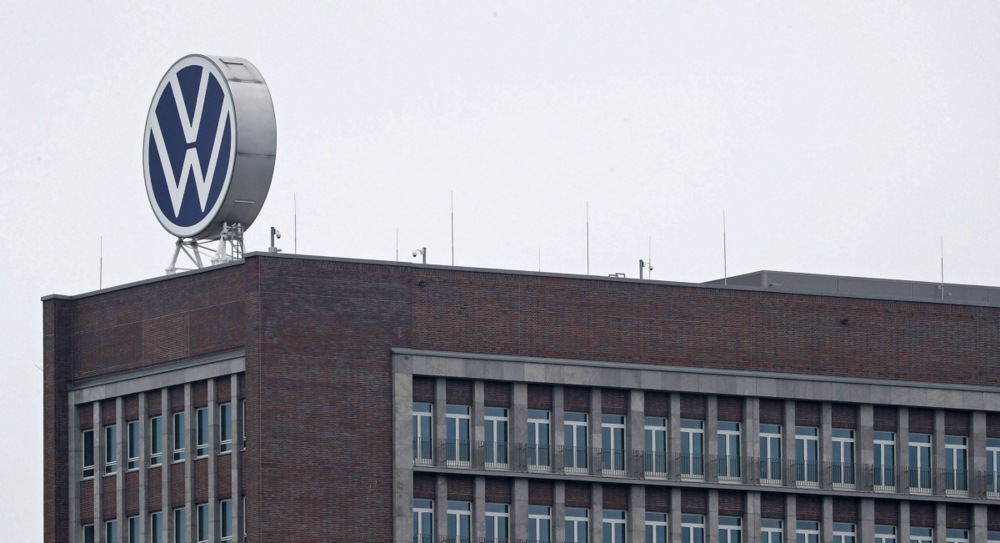Germany needs to prepare itself for major problems after Donald Trump won the US presidency, a leading German economic research agency has warned.
The ifo Institute expects a new regime of high tariffs to be levied against Germany — worth up to €33 billion — and recommends Berlin to take appropriate precautions.
“Trump is pursuing a distinctly protectionist agenda based on higher import tariffs and greater restrictions on international trade, particularly for China and potentially also Europe,” ifo President Clemens Fuest said.
The ifo said that German exporters, for whom the US is the largest sales market outside the EU, must expect severe losses, based on earlier threats by Trump, who said he would impose basic tariffs of 20 percent on US imports from all trading partners and 60 percent on imports from China.
Such tariffs alone would mean considerable economic damage of €33 billion in Germany alone, the ifo noted.
It assumes that German exports to the US could fall by around 15 per cent as a result. In addition, exports to China would fall by 10 per cent, as China’s exports to the US would drop massively.
“We must be prepared for the US to distance itself further from open, global cooperation,” Lisandra Flach, Director of the ifo Center for International Economics warned.
“Germany and the EU must now strengthen their position through measures of their own. These include deeper integration of the EU services market and credible retaliatory measures against the US.”
A possible solution for this, according to the ifo, could be special use of the Anti-Coercion Instrument, a relatively new instrument created by the EU, aimed at deterring economic coercion.
In addition to tariffs, it provides for further countermeasures in the event of economic coercion. Germany and the EU could also strengthen cooperation with individual US states.
The German Institute for Economic Research (DIW) also sees difficult times ahead if Trump implements his tariff plans.
“The real economic effects for Germany are difficult to assess,” DIW Economic Director Geraldine Dany-Knedlik told German newspaper Die Welt.
However, various studies consider losses of 0.1 to 0.2 percent of gross domestic product to be possible. “That doesn’t sound like much, but effects due to uncertainty are not included in these figures,” she warned.
Concerns about costly US tariffs arise at a challenging time for the German economy, which is grappling with stagnant or negative growth, widespread lay-offs, and a near-record number of corporate insolvencies, among other issues.
In the evening of November 6, the progressive traffic light government under Chancellor Olaf Scholz collapsed after Liberal Free Democratic Party (FDP) leader and Finance Minister Christian Lindner surprised his Green and Social Democratic partners with a series of free market demands.
Lindner wanted a regulatory moratorium, tax cuts, a delay of agreed climate goals, cuts to the federal climate fund and industrial subsidies, and a dramatic reform of the retirement system.
In response, Scholz fired him, leading to an end of the unpopular coalition.





